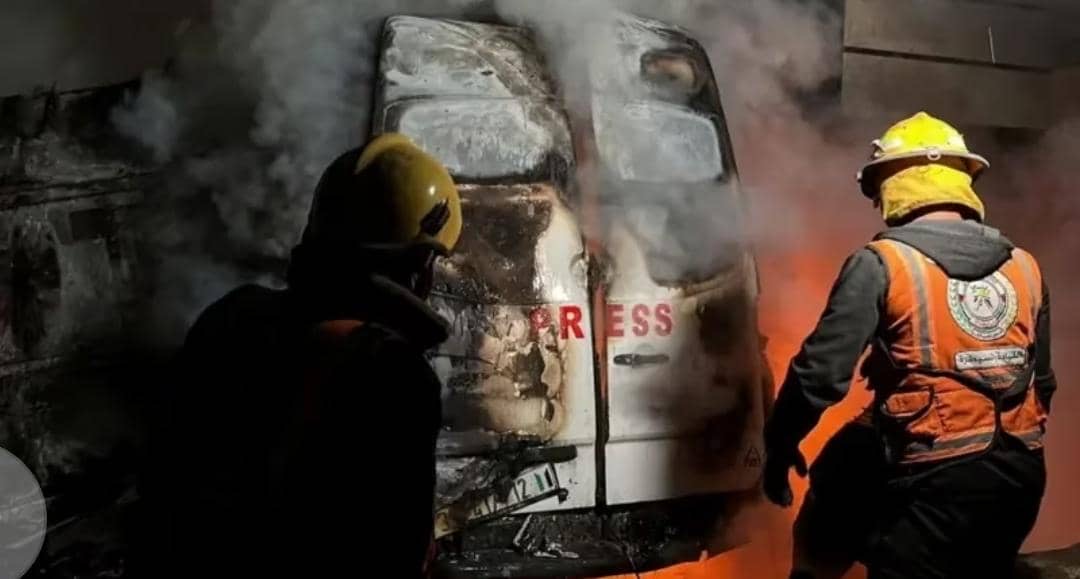MOGADISHU – Hundreds of families were fleeing the Somali capital yesterday, a day after renewed clashes between Ethiopian forces and Islamist fighters shattered a ceasefire.
Desperate residents decried the latest flare up in violence that broke the truce announced last week after Mogadishu suffered its worst fighting in 15 years with four days of heavy clashes between the rival sides. “It seems that hopes for peace have faded because clashes have restarted and negotiations were delayed.That is why we are fleeing our houses,” said Hussein Daqare, resident of northern Mogadishu.Shamso Mohamed Warsame, a mother of five, regretted leaving Mogadishu, but said she had to abandon her home for fear of further conflict.”Our neighbourhood was one of the most peaceful areas in Mogadishu, but now it looks like the rest of the capital.We must leave before it is too late,” she said.As many as 1 000 people were killed during the March 28-April 1 clashes and thousands of others forced out of their homes to relatively safer regions outside Mogadishu.The UN refugee agency said that at least 124 000 people had fled Mogadishu in the past two months, with about one tenth of them leaving last week alone.On Wednesday, at least four people were killed in the new fighting in which the two sides exchanged heavy fire and shelling.Elders from Mogadishu’s dominant Hawiye clan blamed the Ethiopia-backed Somali government for stoking the latest violence.Remnants of an Islamist movement defeated by the joint Ethiopian-Somali forces late last year have stepped up attacks in recent weeks against the troops, accusing Addis Ababa of occupying their country.The Islamists, backed by local clan militia, have also vowed attacks against African Union peacekeepers, who currently comprise 1 500 Ugandan soldiers but have been unable to stabilise the situation since their deployment last month.”I have seen terrible incidents.A mortar landed on my house and exploded inside it, but fortunately none of family members was injured,” said Ahmed Nur, another resident.”I will not wait another one (mortar) to shatter my family.”We are going to the outskirts and remain there until peace comes back.”Nampa-AFP”It seems that hopes for peace have faded because clashes have restarted and negotiations were delayed.That is why we are fleeing our houses,” said Hussein Daqare, resident of northern Mogadishu.Shamso Mohamed Warsame, a mother of five, regretted leaving Mogadishu, but said she had to abandon her home for fear of further conflict.”Our neighbourhood was one of the most peaceful areas in Mogadishu, but now it looks like the rest of the capital.We must leave before it is too late,” she said.As many as 1 000 people were killed during the March 28-April 1 clashes and thousands of others forced out of their homes to relatively safer regions outside Mogadishu.The UN refugee agency said that at least 124 000 people had fled Mogadishu in the past two months, with about one tenth of them leaving last week alone.On Wednesday, at least four people were killed in the new fighting in which the two sides exchanged heavy fire and shelling.Elders from Mogadishu’s dominant Hawiye clan blamed the Ethiopia-backed Somali government for stoking the latest violence.Remnants of an Islamist movement defeated by the joint Ethiopian-Somali forces late last year have stepped up attacks in recent weeks against the troops, accusing Addis Ababa of occupying their country.The Islamists, backed by local clan militia, have also vowed attacks against African Union peacekeepers, who currently comprise 1 500 Ugandan soldiers but have been unable to stabilise the situation since their deployment last month.”I have seen terrible incidents.A mortar landed on my house and exploded inside it, but fortunately none of family members was injured,” said Ahmed Nur, another resident.”I will not wait another one (mortar) to shatter my family.”We are going to the outskirts and remain there until peace comes back.”Nampa-AFP
Stay informed with The Namibian – your source for credible journalism. Get in-depth reporting and opinions for
only N$85 a month. Invest in journalism, invest in democracy –
Subscribe Now!






